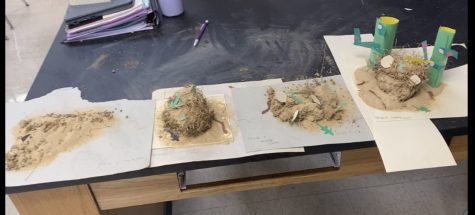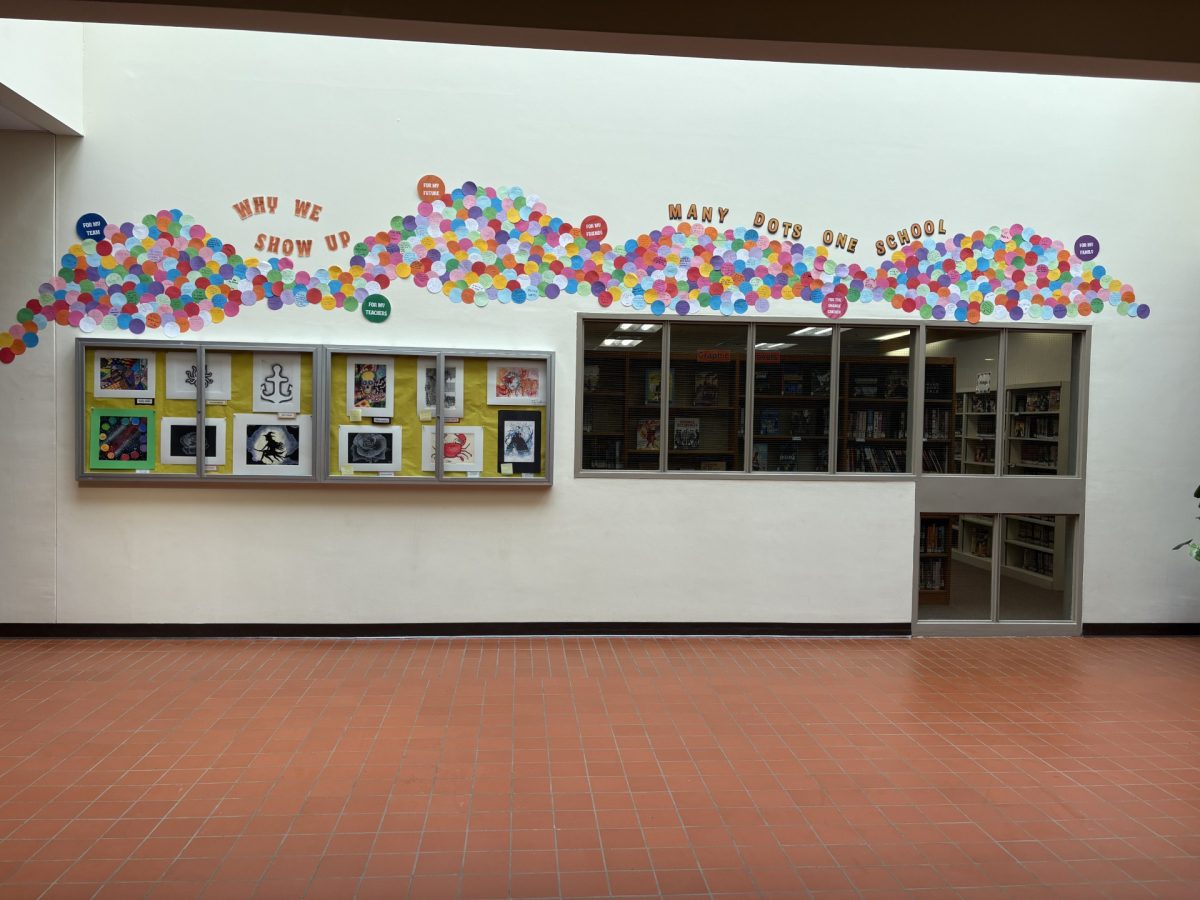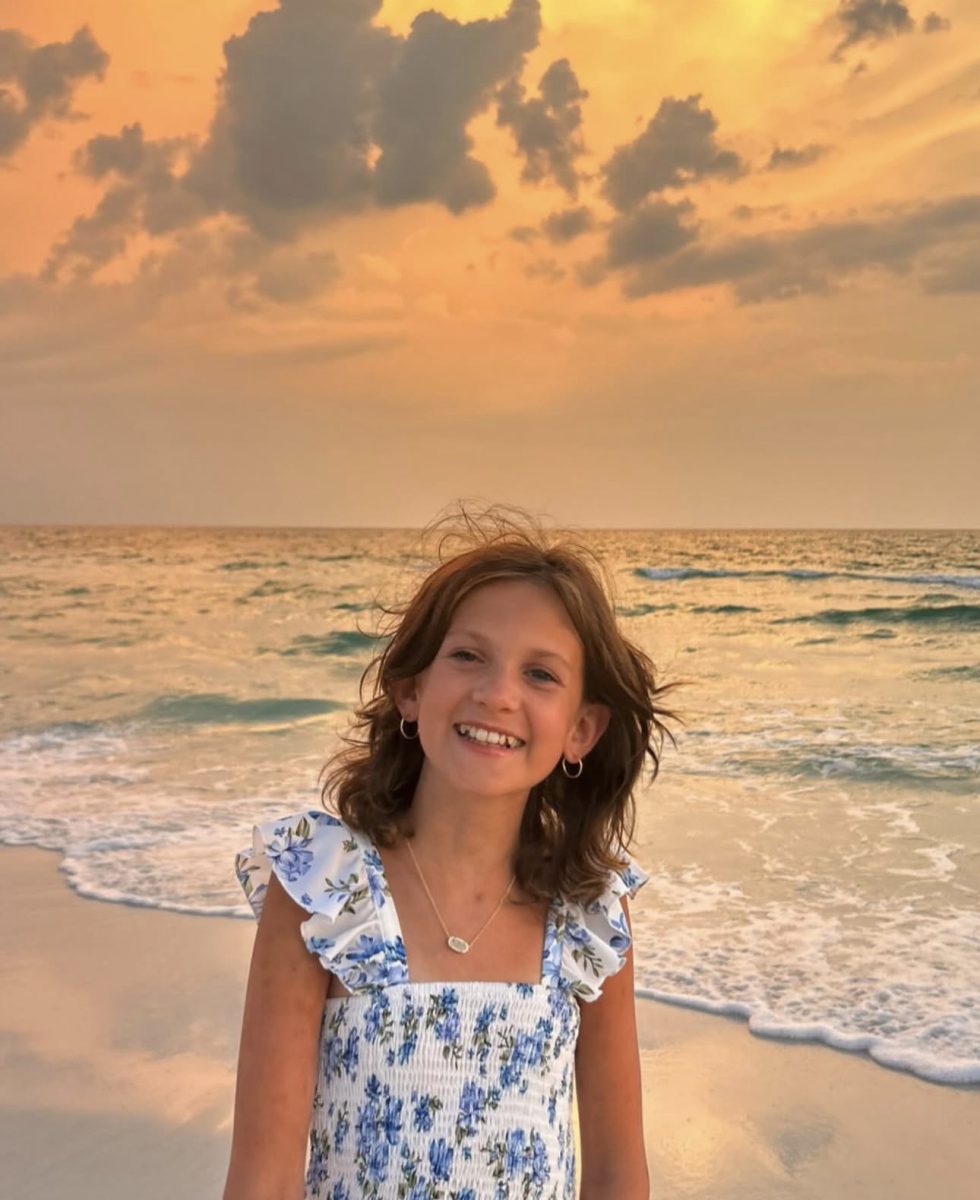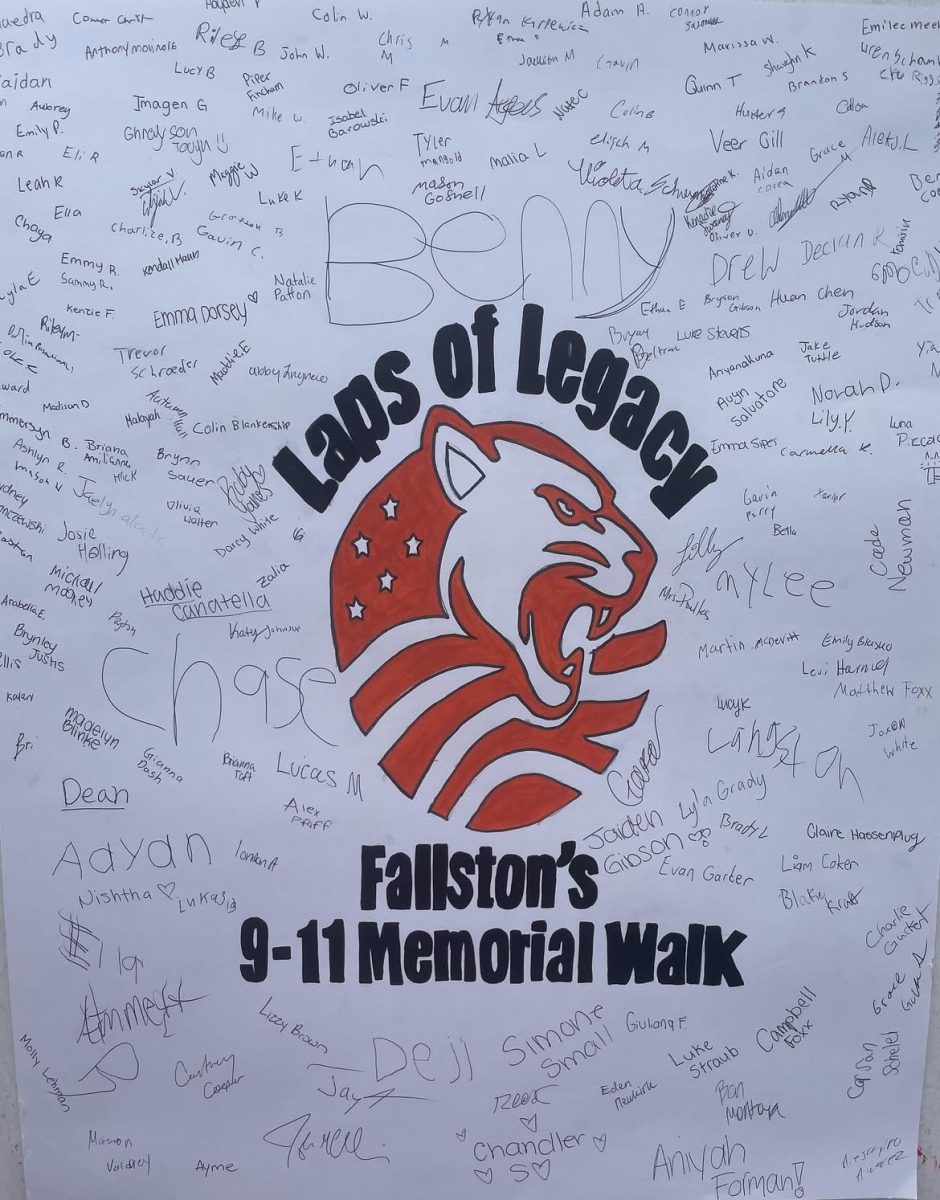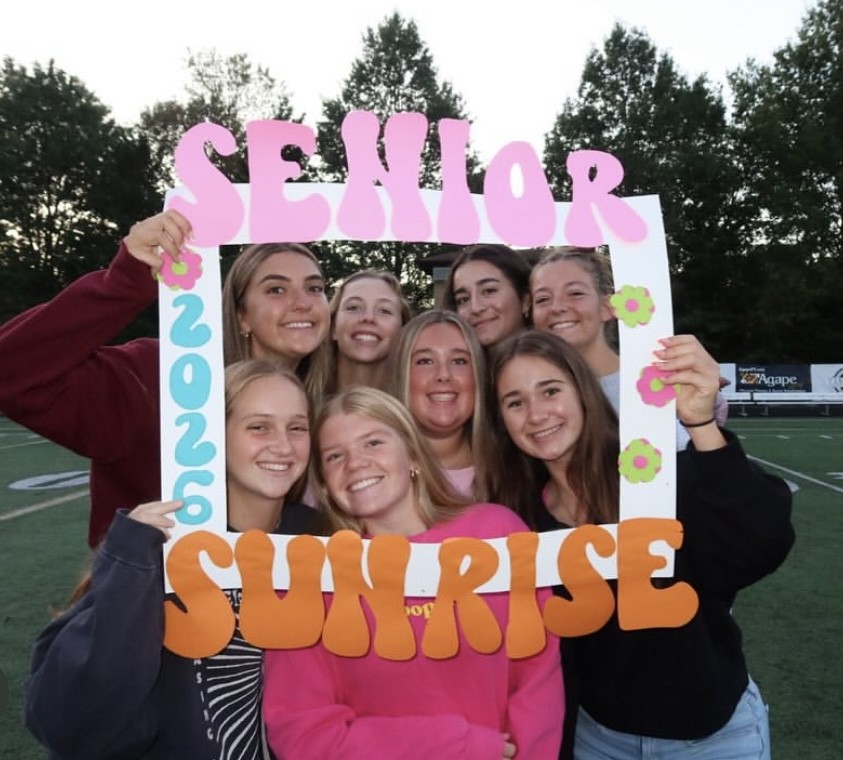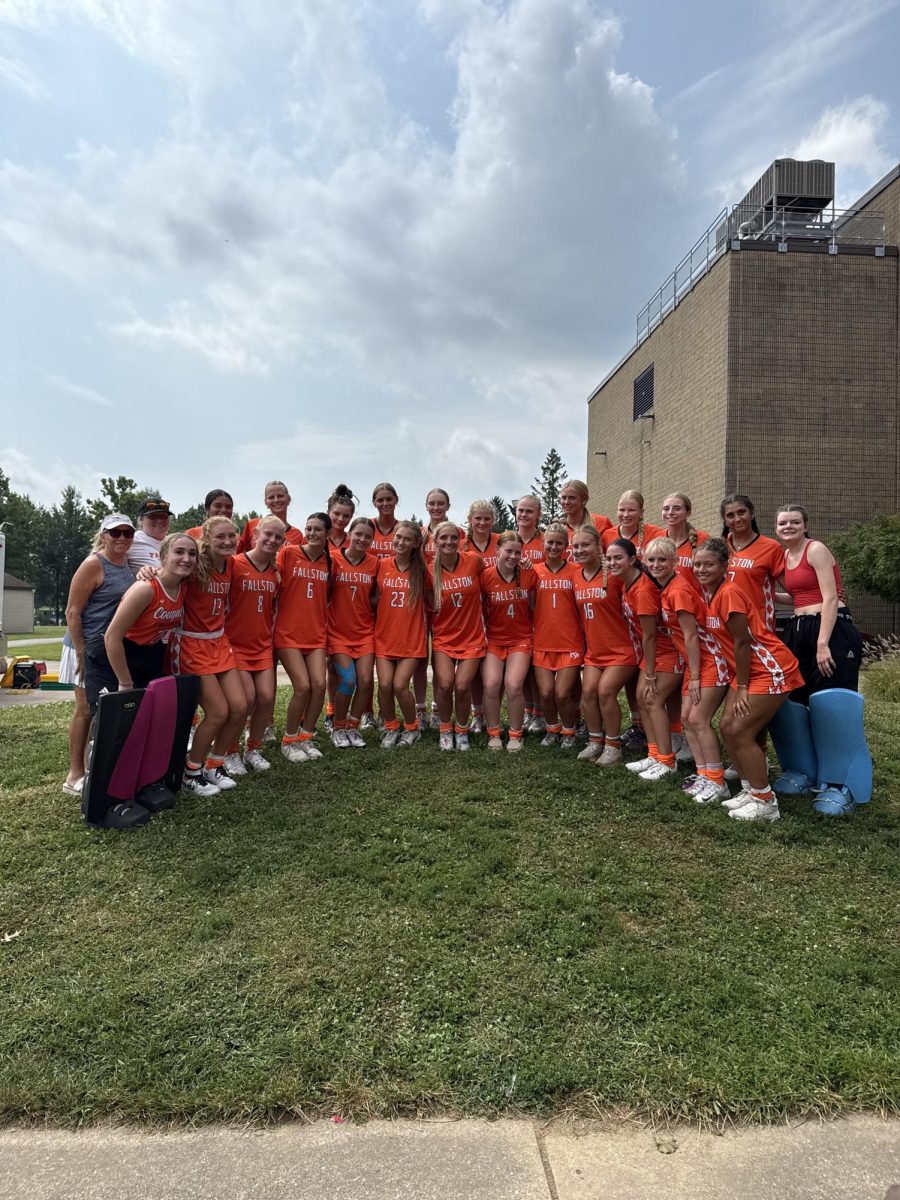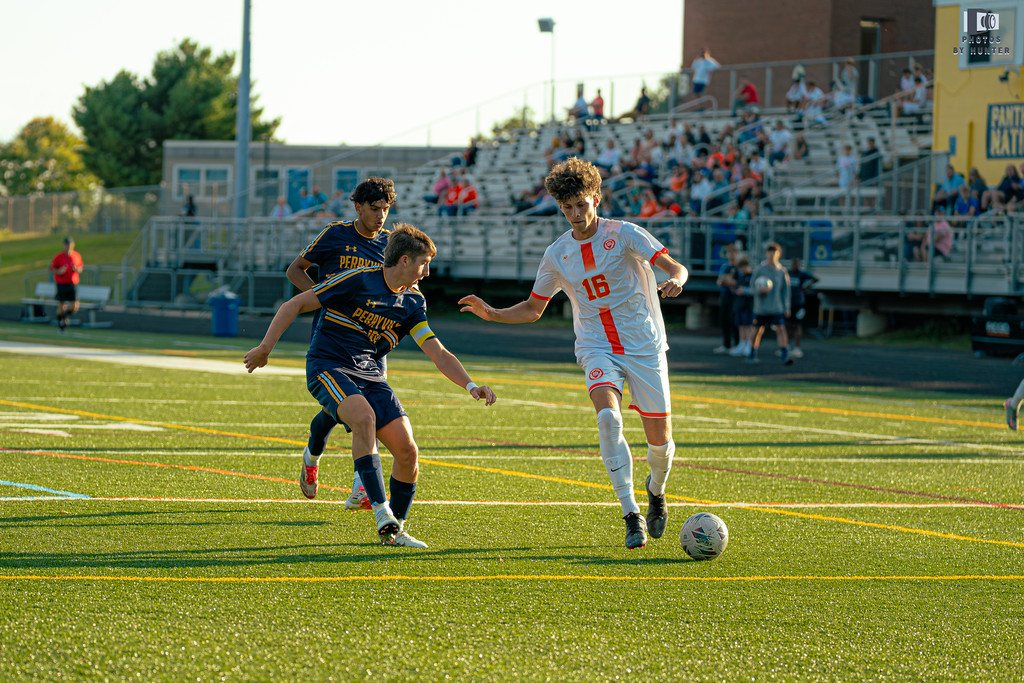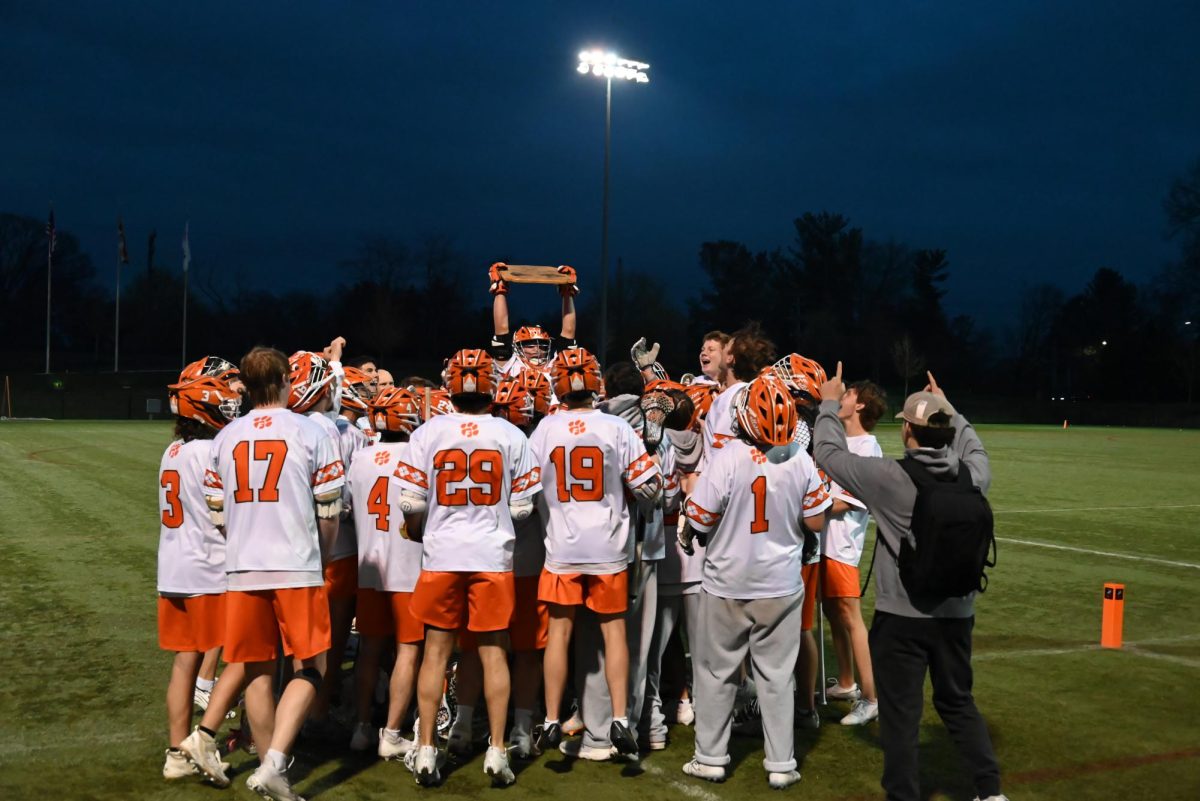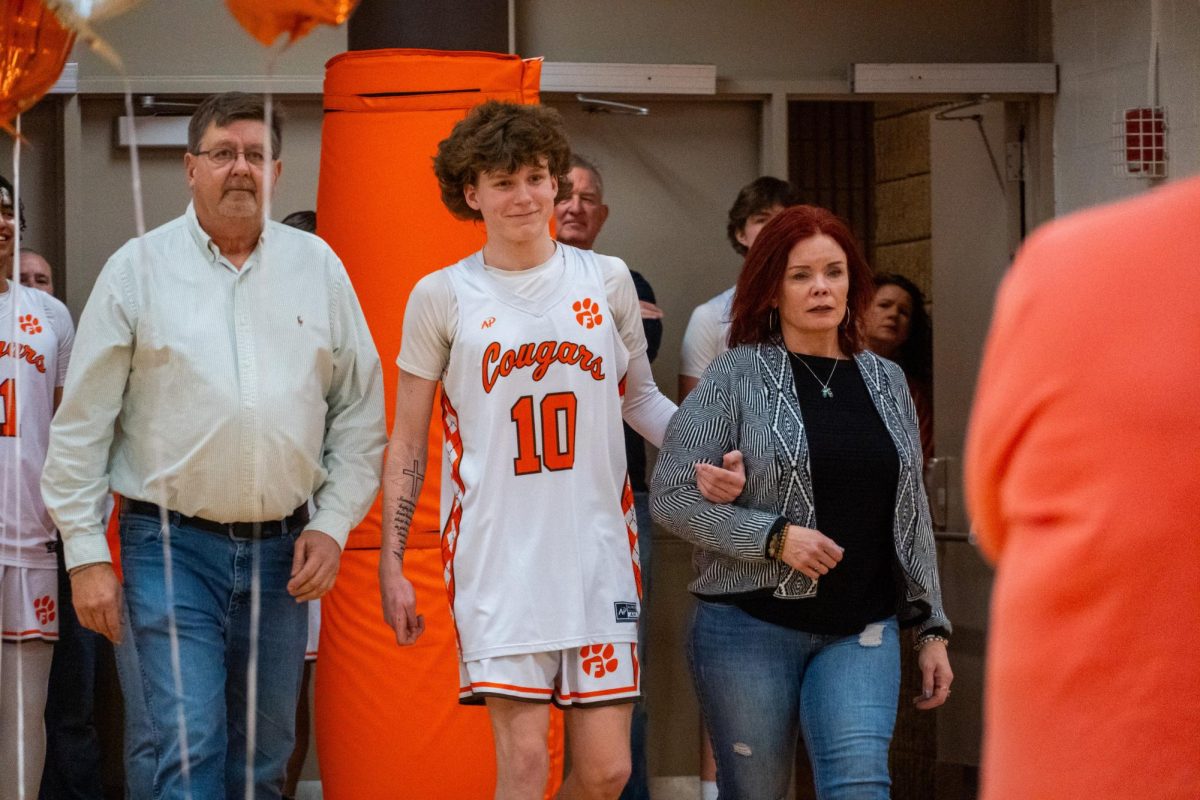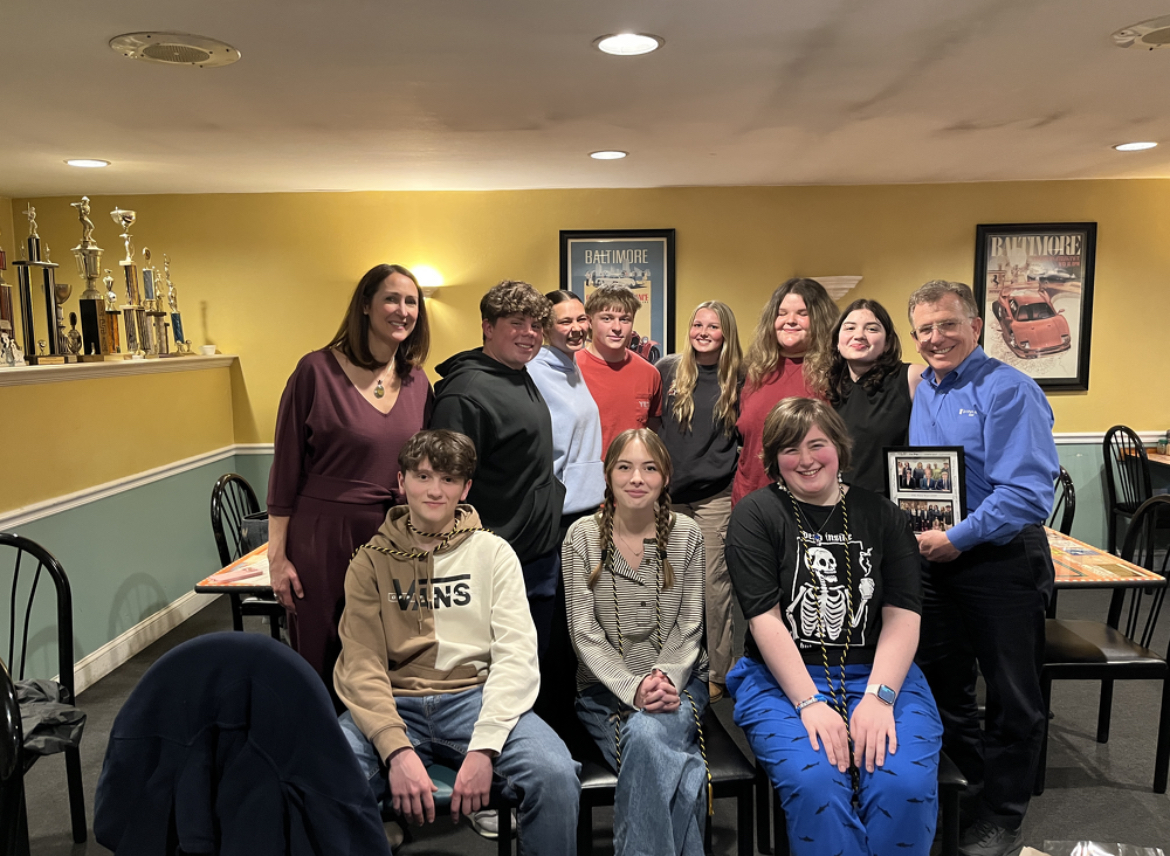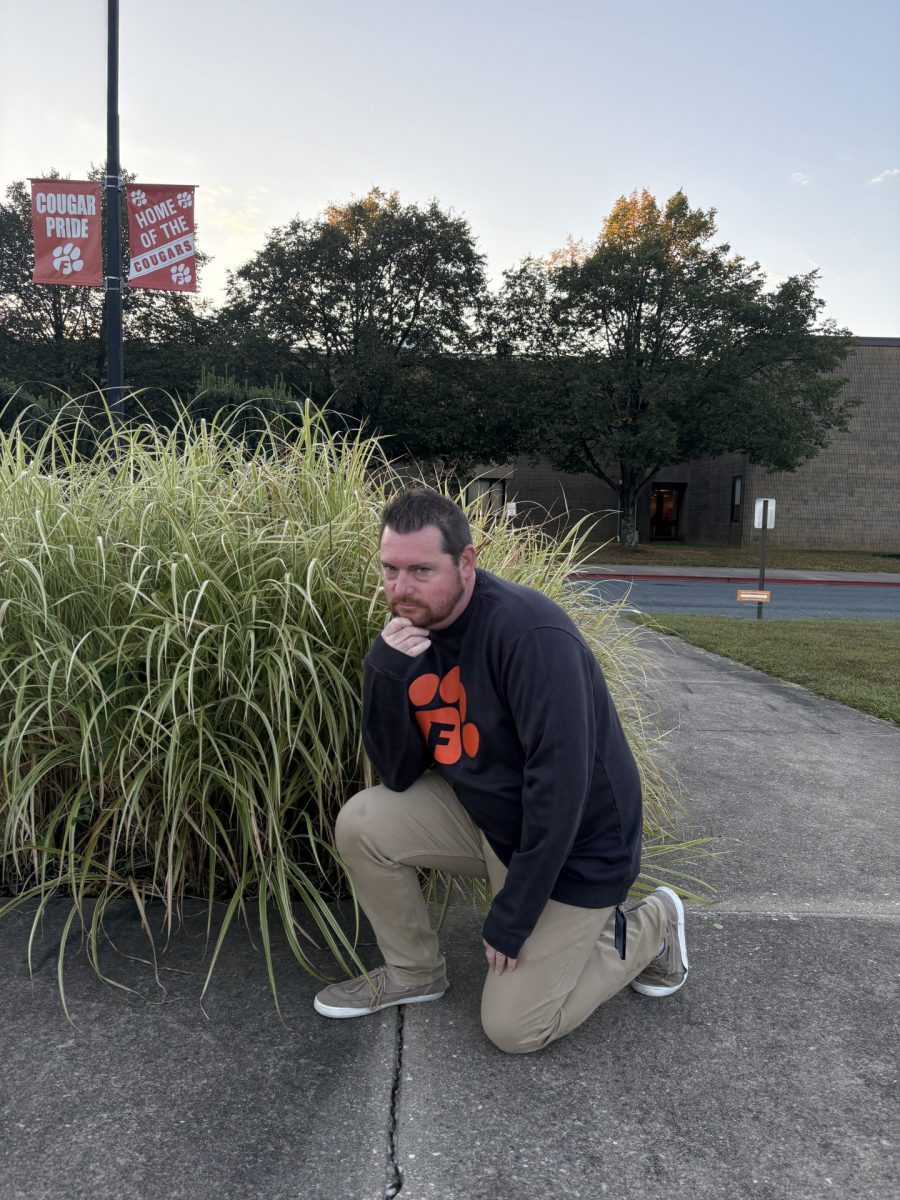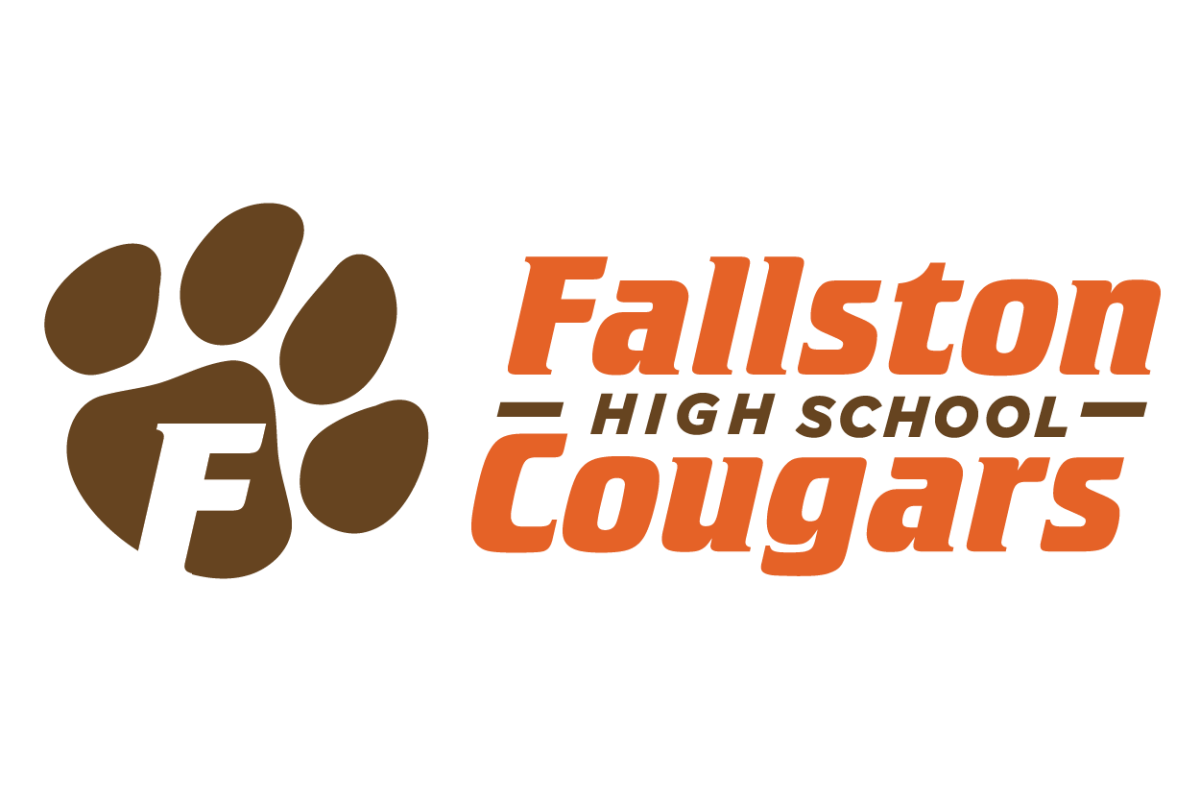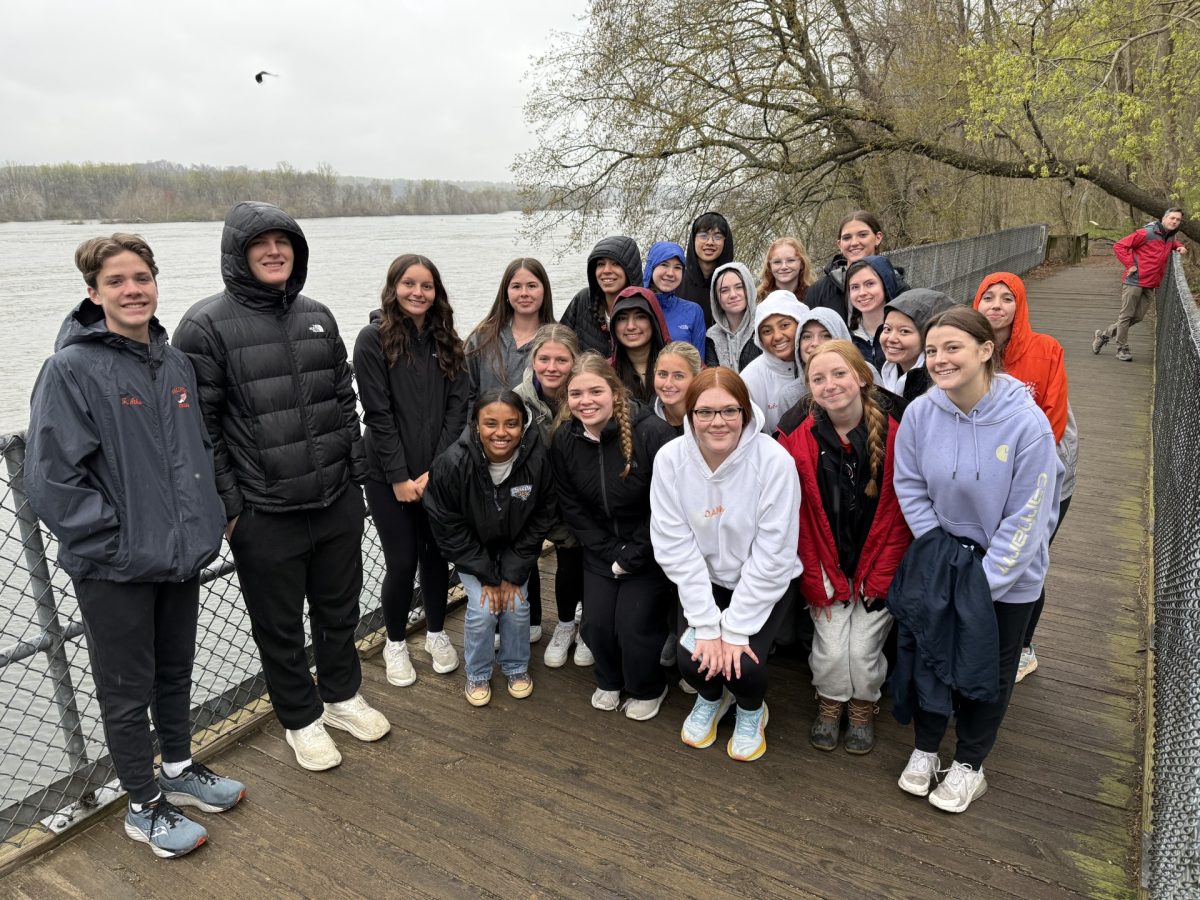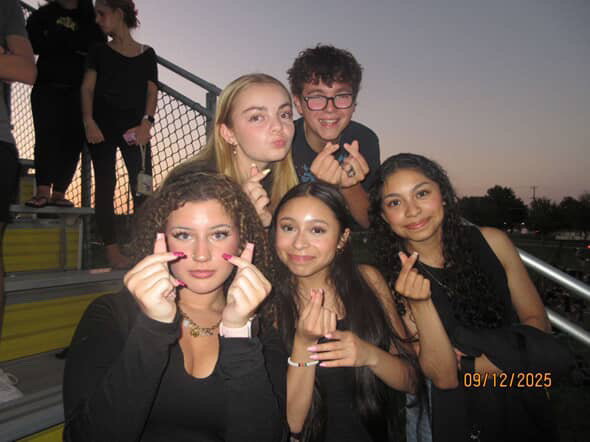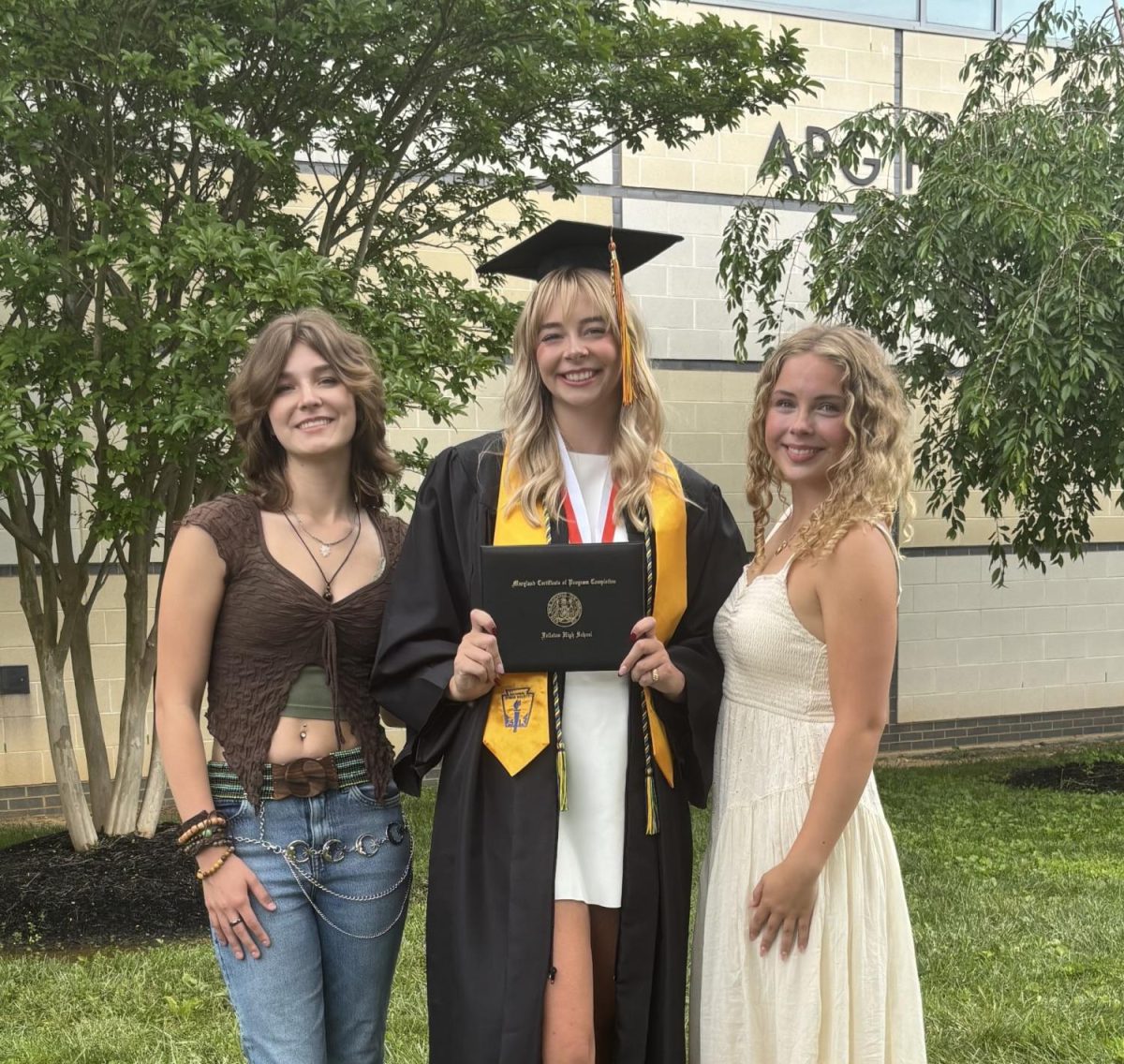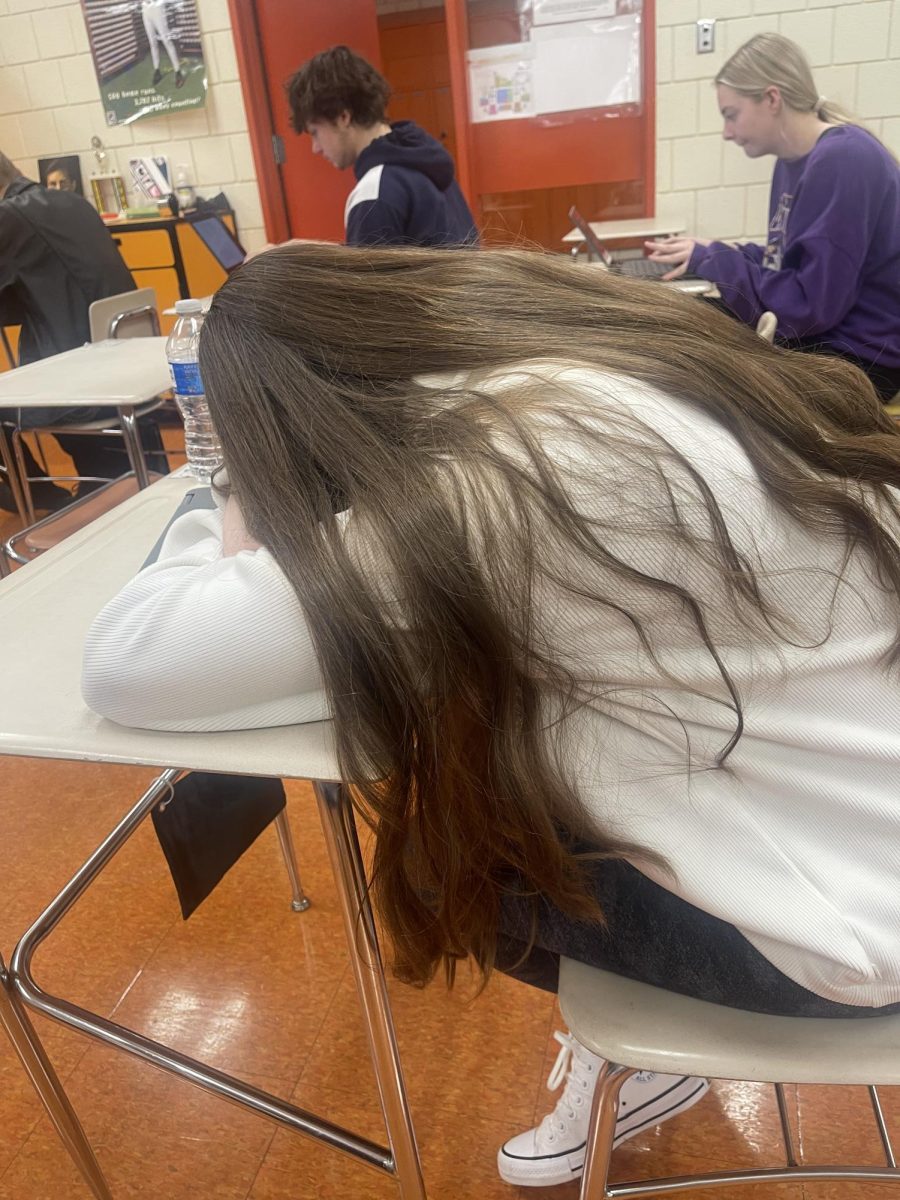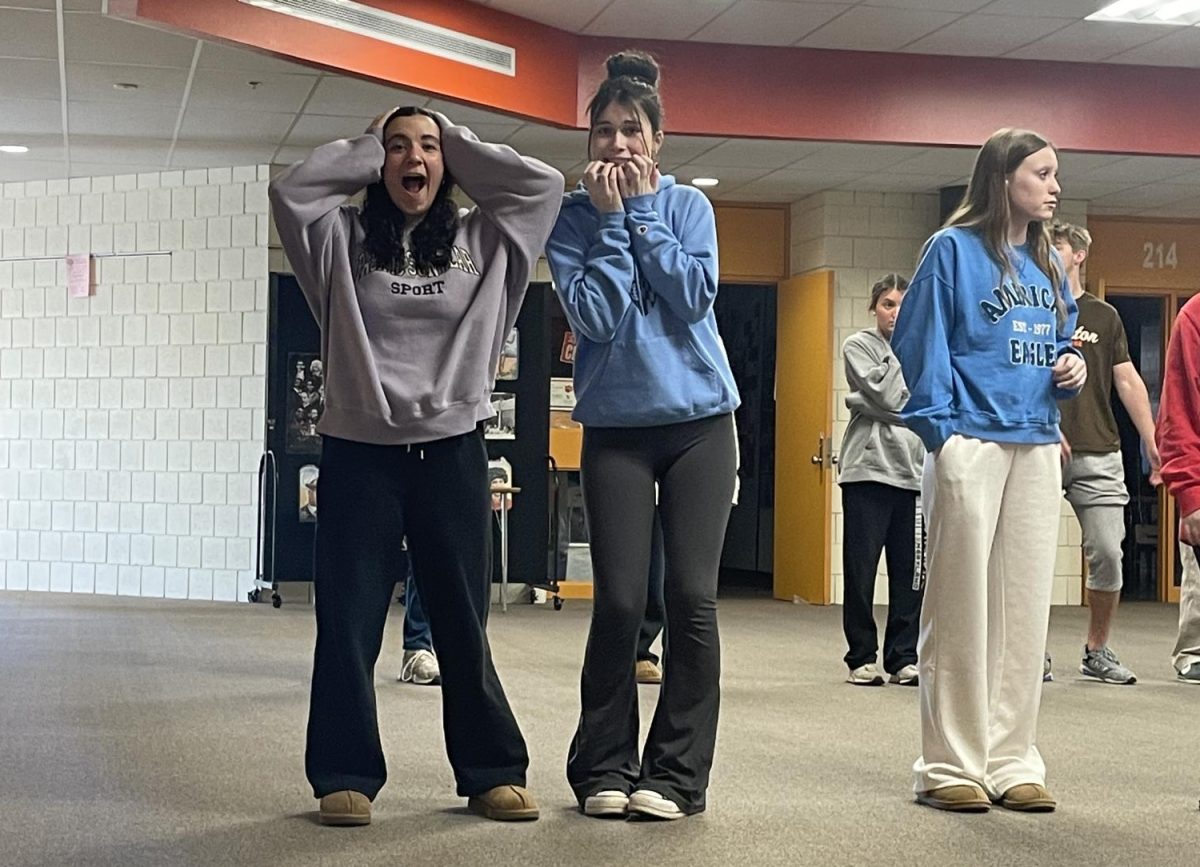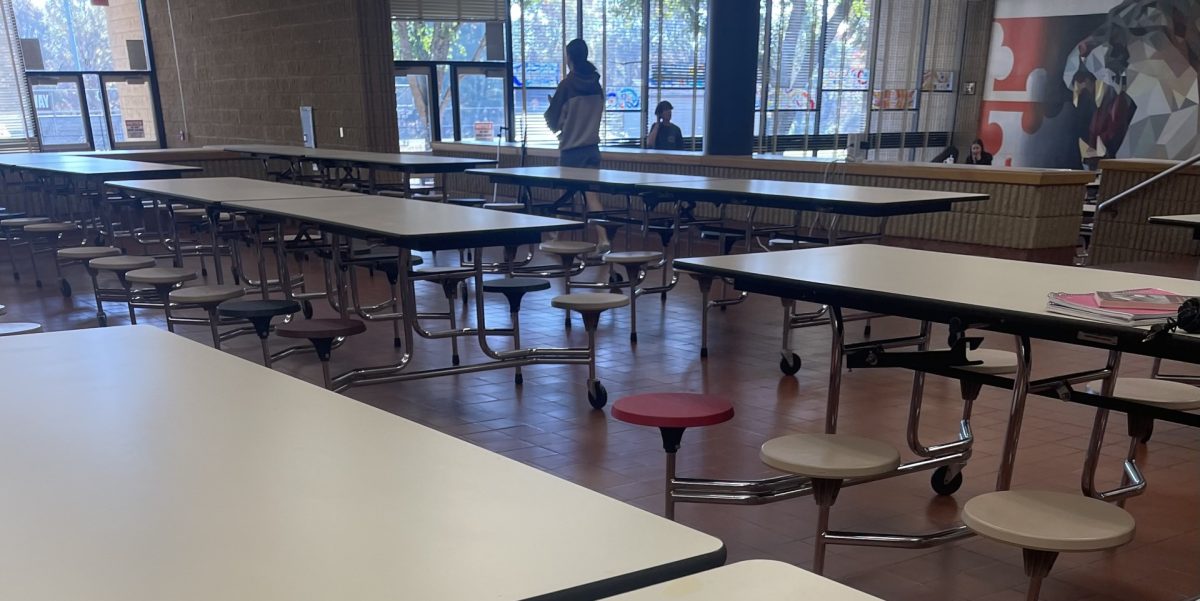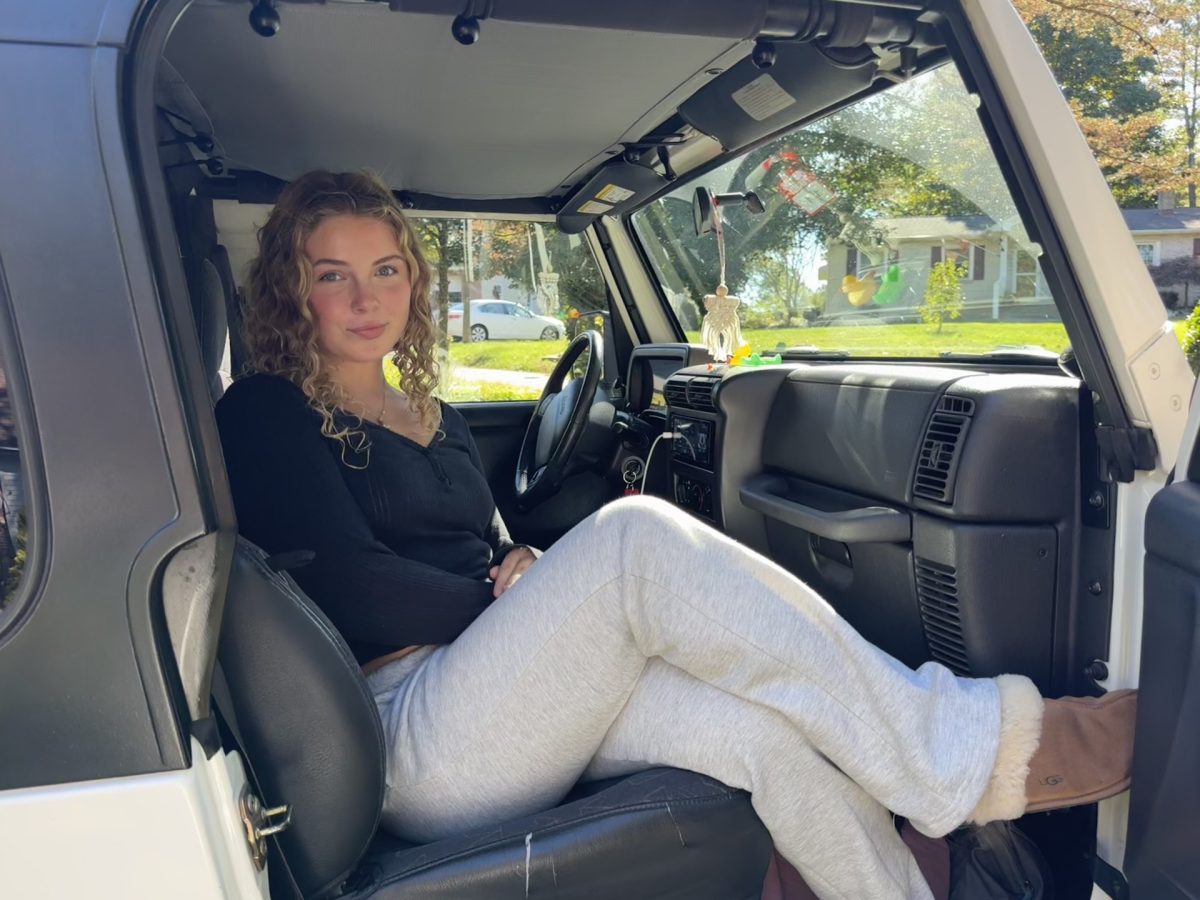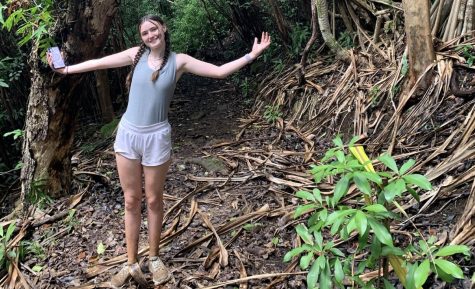The science scoop
January 12, 2023
Have you ever wondered what is going on in different science classes? Are you curious about the world of science in general? Or are you trying to plan your courses for the next year and want to see if a class is right for you?
Well— this is the place for you. In this bi-weekly column, you’ll be able to peek in on what different FHS science classes are doing and learn what is happening in the world of science.
Last week, in Mr. McLeod’s AP Environmental Science (APES) classes, his students learned how important the right circumstances in an environment are when it comes to a plant thriving.
They also studied the soil triangle in order to classify different types of soil, which they brought in from home. After classifying their soil, groups set out to build their own miniature version of biospheres using their own soil in order to discover which circumstances allow a plant to best survive.
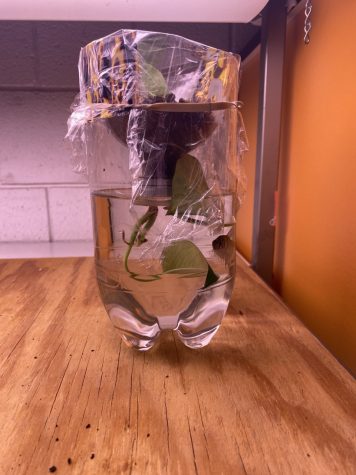
APES is a class for students looking to learn about the inner working of the environment. If you choose to take this course you will learn about renewable and nonrenewable energy sources, how they’re used, and how they impact the earth. More specifically you’ll also talk about global energy consumption and distribution of natural resources.
The other two big ideas of APES are how different species interact with each other and their environment, as well as sustainability concepts. One of the most interesting parts of the class is how Mr. McLeod ties everything we learn to real life and current events. One way he does this is through Enironmental Action projects where students research what is happening in the world of science and present a five-minute summary of the topic to the class.
This class is an AP, which means that there is an optional test to earn college credit and it follows a loose schedule to set you up for success on the test. On the more fun side of things, APES allows students to frolic outside and do lots of fun projects.
